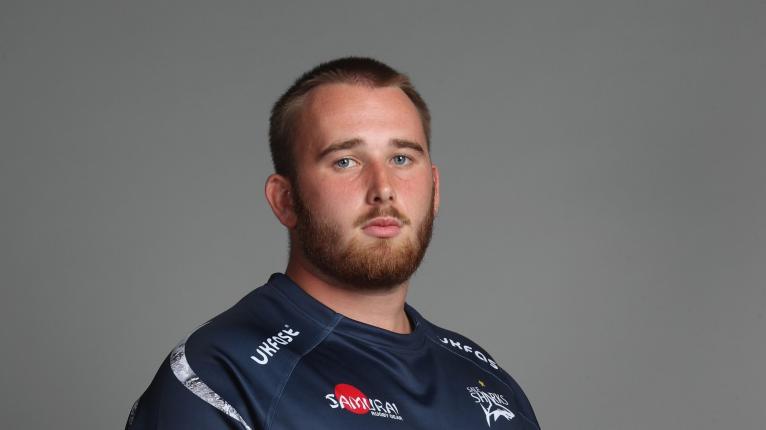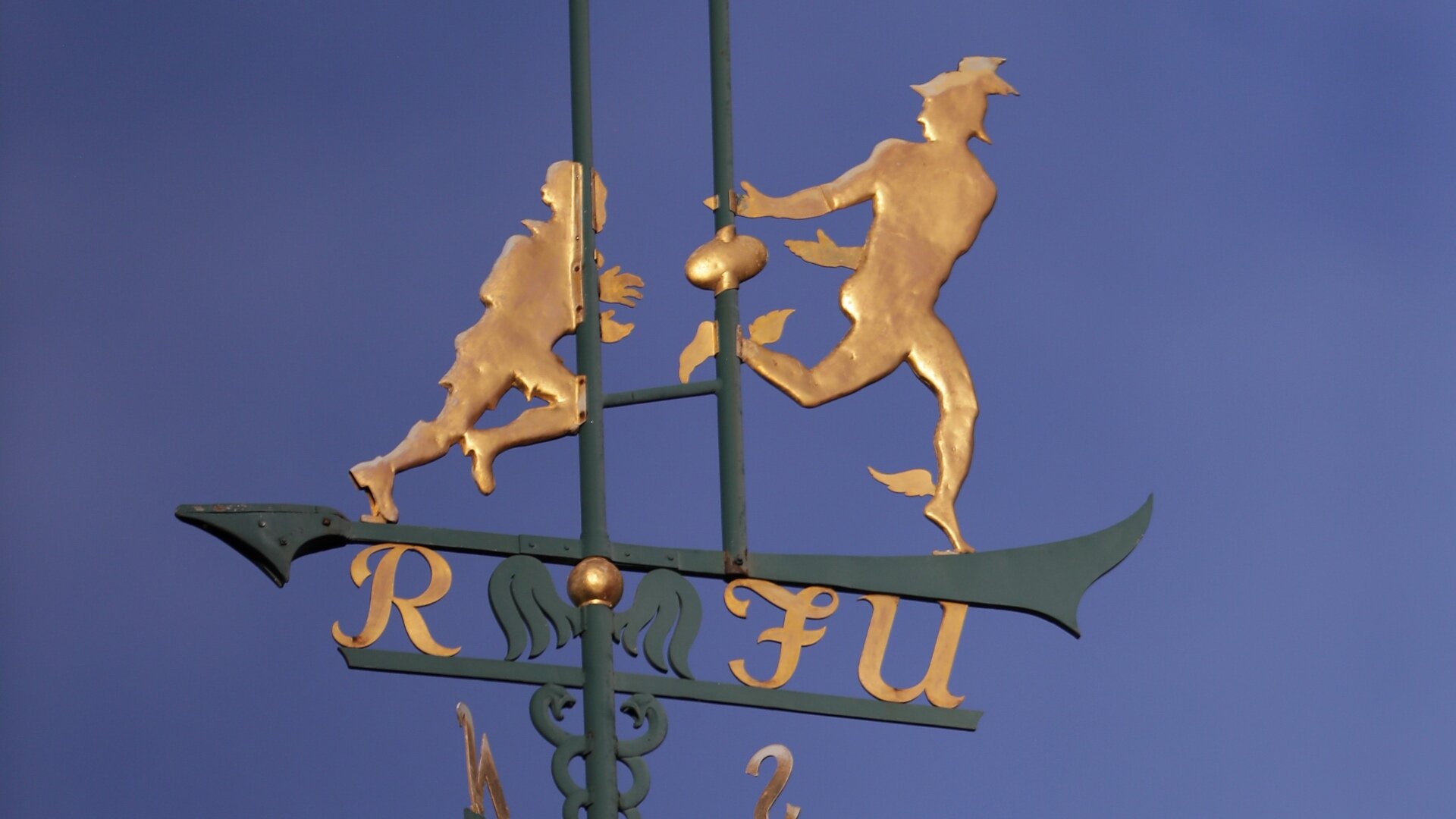RFU defends anti-doping programme that fails to test every Premiership player

The Rugby Football Union has defended its anti-doping programme despite being unable to guarantee that every Premiership player is tested for performance-enhancing drugs at least once a season.
According to the RFU’s anti-doping and illicit drugs programme report for the 2017/18 season – which was published on Tuesday – there were 739 anti-doping tests conducted on professional players across the top two tiers of the English men’s game and top division in women’s rugby.
This represents an 18-per-cent increase on 2016/17 but more than 100 fewer tests than were conducted in 2015/16. Nearly two thirds of those tests were carried out by UK Anti-Doping (UKAD), with World Rugby doing most of the rest and European Professional Club Rugby and the Six Nations also doing some testing.
But, as with previous seasons, this does not mean every player with a club in England’s top men’s division is being tested at least once, every season, because there are nearly 500 players in the league – with
another 150 in Premiership academies – and several are tested multiple times.
Asked by reporters on a conference call to discuss the report, none of its authors were able to confirm that every Premiership player had been tested last season, something many would consider to be the bare minimum for a game based on pace and power.
The 2017-18 anti-doping annual report for rugby in England has today been released on behalf of the RFU Anti-Doping Advisory Group ?
It reflects the diverse landscape of the RFU’s clean sport programme ?
Read full details here: https://t.co/QTP30FNSwo pic.twitter.com/oBGEGFmQsk
— Premiership Rugby (@premrugby) April 23, 2019
UKAD deputy director of operations Hamish Coffey said the RFU’s programme was “comprehensive but it’s not just about the numbers”, explaining that the testing was targeted for maximum effect and large sums of money were also spent on education.
RFU medical services director Dr Simon Kemp, who also chairs its anti-doping advisory group, said “no programme would have a hard and fast minimum number of tests”, while the manager of the RFU’s anti-doping and illicit programme Stephen Watkins claimed having a minimum requirement would not have the same deterrence effect because it would be predictable.
In terms of the numbers, those 739 tests resulted in only two violations: one was for Wasps player Ashley Johnson using a contaminated supplement – for which he received a six-month ban – and the other was for Yorkshire Carnegie player Brandon Staples testing positive for steroids, the first such case in English pro rugby since 2011. Staples received a four-year ban.
?? 739 tests within the professional game
?? 99 tests conducted in the community game
The RFU has published its annual anti-doping report.
More: ?? https://t.co/wn7Y0hndQH pic.twitter.com/Vwm4pyZMFT— England Rugby (@EnglandRugby) April 23, 2019
But, as Kemp admitted, there can be no room for complacency, as a further 99 tests in community rugby (the club game below the second tier) produced three bans, which help explain why rugby union is by some margin the most sanctioned sport by UKAD. Of the 66 bans on its current list, rugby union accounts for 23, with rugby league second on 11 – no other sport has more than seven.
Both the RFU and UKAD believe this is a reflection of wider society’s increasing use of image-and-performance-enhancing substances, combined with a lack of knowledge about anti-doping further down the pyramid. They also said this season’s report will see a further increase in the number of tests done throughout the game after UKAD’s budget by the government was increased in April 2018.

The ‘sport mirroring society’ theory is also the explanation for the four positives from the 332 tests the RFU did as part of its illicit drugs programme. These positives were all for cocaine and Dr Kemp said they all also involved alcohol and players who were “dislocated” from the routines of their teams because of injury.
None of their information was released in the report, as first-time offenders are allowed to remain anonymous, although they were fined and given psychiatric counselling by independent experts. Earlier this month, Sale’s Jake Pope became the first player to breach the RFU’s illicit drugs policy for a second time and was subsequently named, fined and banned for six months.
– Press Association
WATCH: Part two of The Academy, the RugbyPass documentary-series on Leicester Tigers
























































































